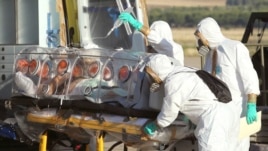 WHO Assistant Director-General, Keiji Fukuda, says it is important to stop the chain of transmission and this depends on identifying everyone that has the Ebola infection, tracing people with whom they have come in contact and making sure those who are ill receive the right treatment.
WHO Assistant Director-General, Keiji Fukuda, says it is important to stop the chain of transmission and this depends on identifying everyone that has the Ebola infection, tracing people with whom they have come in contact and making sure those who are ill receive the right treatment.He says the committee recommends that countries where the disease is spreading declare a national emergency.He says the movement of people should be stopped in the so-called hot spot for the disease — the cross-border area of Sierra Leone, Guinea, and Liberia.But, he adds, these people must be given quality care, and measures such as quarantine should be used only when considered necessary.Regarding other countries, Dr. Fukuda says the emergency committee does not recommend a general ban on travel or trade.”… But it does have the proviso that if you are infected or if you are a contact, these people should not travel… The countries should make sure-these are countries that do not have cases-should have good surveillance that can pick up suspect Ebola cases,” said Dr. Fukuda. “We know in a globalized world, that people can travel anywhere, so all countries should be prepared to identify potential cases. And, they should also make sure that they have access to proper laboratory, diagnostic laboratory testing.”
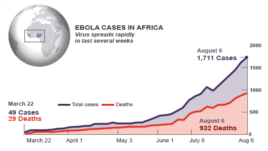 Ebola virus, rapid rise in spread of the disease, Aug. 7, 2014
Ebola virus, rapid rise in spread of the disease, Aug. 7, 2014
x
Ebola virus, rapid rise in spread of the disease, Aug. 7, 2014
The committee recommends the screening of all people at international airports, seaports and major land crossings for unexplained fevers consistent with Ebola infection.
It says countries infected with the virus should not hold mass gatherings, such as football matches, until the disease is under control.
The Ebola virus is spread through the direct contact with infected blood and bodily fluids. Many people become infected when they touch the bodies of dead loved ones during burial ceremonials. It is for this reason the committee recommends well-trained personnel conduct funerals and burials.
In this photo provided by the Spanish Defense Ministry, aid workers and doctors transfer Miguel Pajares, a Spanish priest who was infected with the Ebola virus while working in Liberia, from a plane to an ambulance as he leaves the Torrejon de Ardoz milit
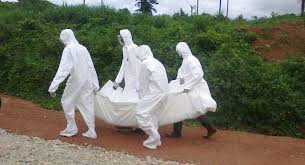



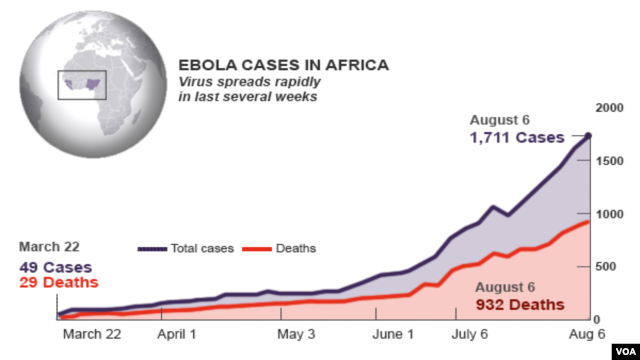
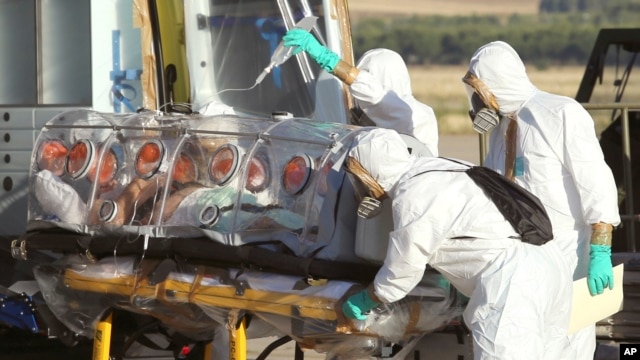

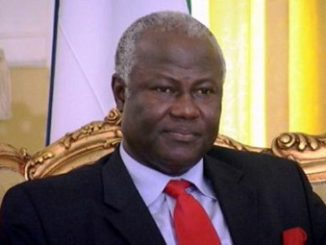
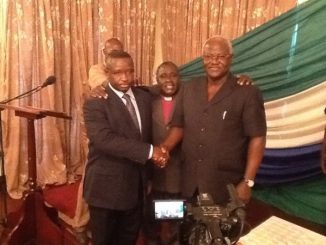
Leave a Reply